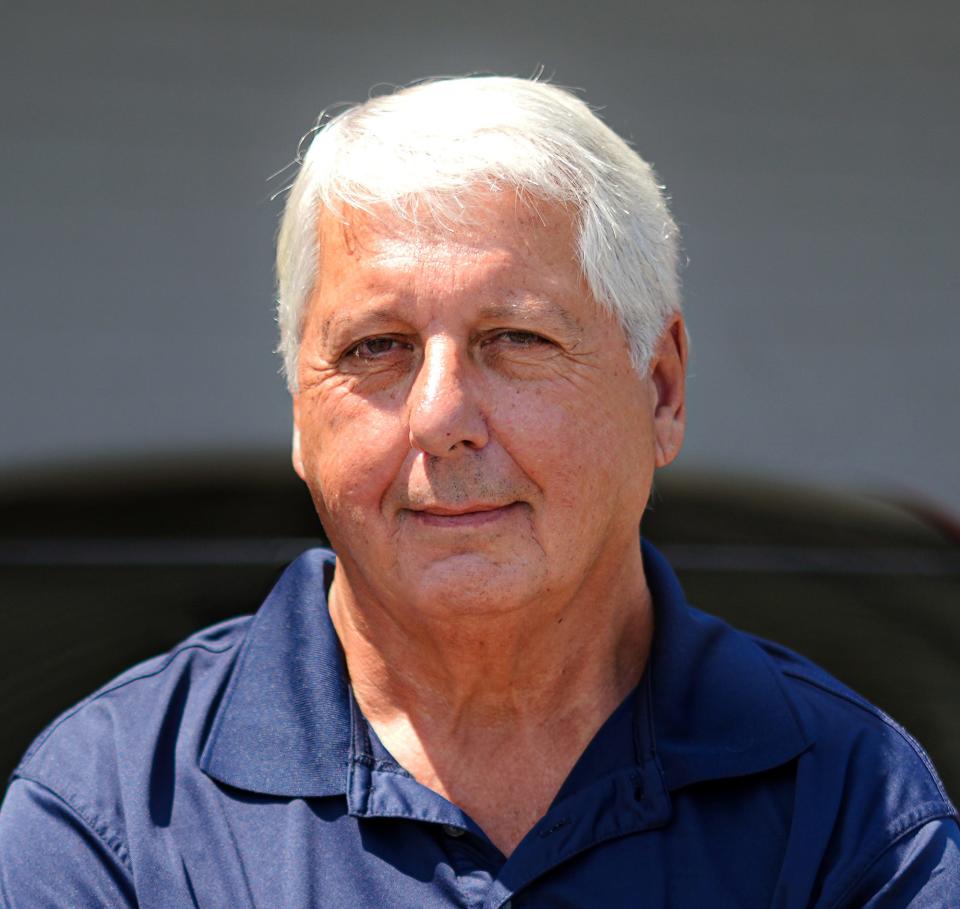How would I go about getting brighter headlights on my 2017 Honda CRV? | Car Doctor
Q: How would I go about getting brighter headlights on my 2017 Honda CRV?
A: I would first start with new headlight bulbs. Typically, headlight bulbs dim after three years or so. Also, make sure the lenses are perfectly clear. Cloudy lenses can block up to 90% of the light.
Another option is brighter bulbs. As an example, Sylvania makes the Silver Star-Plus. These bulbs are whiter and brighter, but they do have a shorter life.
You might find LED replacement headlight bulbs, but I don’t recommend them. Some of these vary in quality and none are legal for on-road use. I recently read of a story of an owner of a 2022 Toyota that added LED bulbs and it burned a circuit in the computer system, necessitating an expensive repair.
Should I pay dealership prices to diagnose rough idle?
Q: I have a 2016 Hyundai Elantra Value Edition sedan with about 81,000 miles on the clock. Lately, I’ve been having trouble with a rough idle. When the car is idling, every 30 to 60 seconds, the entire car will “shudder” and the RPM needle will fall below 500 before jumping back up to the typical 1,500 to 2,000.
I do have a good local mechanic I trust, but when it comes to engine issues, I’ve always felt more comfortable going to the dealership. The issue is that the dealership is going to charge me $140 to simply look at the engine, and any work that needs to be done will be added to this charge. Since the car is eight years old, I wonder if it simply needs a tuneup.
I’m pretty good about getting the oil changed, but aside from brake pads/rotors/caliper replacements done last summer, I haven’t had much other work done. Would you go to the dealership and pay the $140 plus whatever else it costs to fix the issue, or would you start with a general (and lower cost) tuneup at the local mechanic?
A: A good independent shop should be able to diagnose the issue. Spark plugs can last to 100,000 miles on that model. Still, with 80,000 miles the rough idle could be the beginning of an engine misfire. The spark plugs, ignition coils or even a fuel injector could be the problem. Scanning the computer may show a pending misfire code even if the check engine light is off.
A taxing question about recent battery purchase
Q: I recently purchased a battery at a large department store in Massachusetts. I just looked at the receipt. When I purchased the battery, there was a core charge on it of $22. That core charge was taxed. I gave them my old battery and got the core charge back, but they didn't refund the tax on the core charge. That doesn't seem right. The Massachusetts sales tax on $22 is $1.37. Not a ton of money, but no one wants to give away money like that.
A: The tax is based on the full value of the item. The core charge is part of the original price so as an example when you buy something for $100 and there’s a $20 core charge, the real value is $120, and that’s what you pay the tax on. When you return the core, you’re getting the value of the core back. The value of the battery is the full price, not counting the core, and that’s what the taxes based on.
Is a 'shop fee' just a money grab?
Q: What is a shop fee/supply charge (besides a money grab)? For example, I recently had a state inspection and an oil change. The oil change was an advertised fixed price, and the inspection price is set by the state. Yet I was still charged a $4.94 supply charge. The shop does great work; I'm just not happy with their billing.
A: I feel the same way about shop fees that I do about restaurants adding a fee to use a credit card. It should be the price of doing business. The shop fee covers very minor things, but it is based on a percentage of the bill.
I did an internet search and came up with this statement from a Toyota dealer that does not use shop fees: “Other dealers might say this amount is put towards miscellaneous supplies like soap, screws, nuts, bolts, solvents and waste disposal." Again, this dealer’s words: “What some shops are really doing is simply tacking on a random amount to the bottom of your bill to increase their revenue stream.”
These fees have, in some areas, been widely adopted and are not illegal. Still, if I owned a shop, I would rather raise my rates a few percentage points, than add a random shop fee. Perhaps this one of the 1,000 reasons I never owned a repair shop.

John Paul is the AAA Northeast Car Doctor. He has more than 40 years of experience in the automobile industry and is an ASE-Certified Master Technician. Write to John Paul, The Car Doctor, at 110 Royal Little Drive, Providence, RI 02904. Or email jpaul@aaanortheast.com and put “Car Doctor” in the subject field. Follow him on Twitter @johnfpaul or on Facebook.
This article originally appeared on The Providence Journal: How can I get brighter headlights on my 2017 Honda CRV? | Car Doctor

